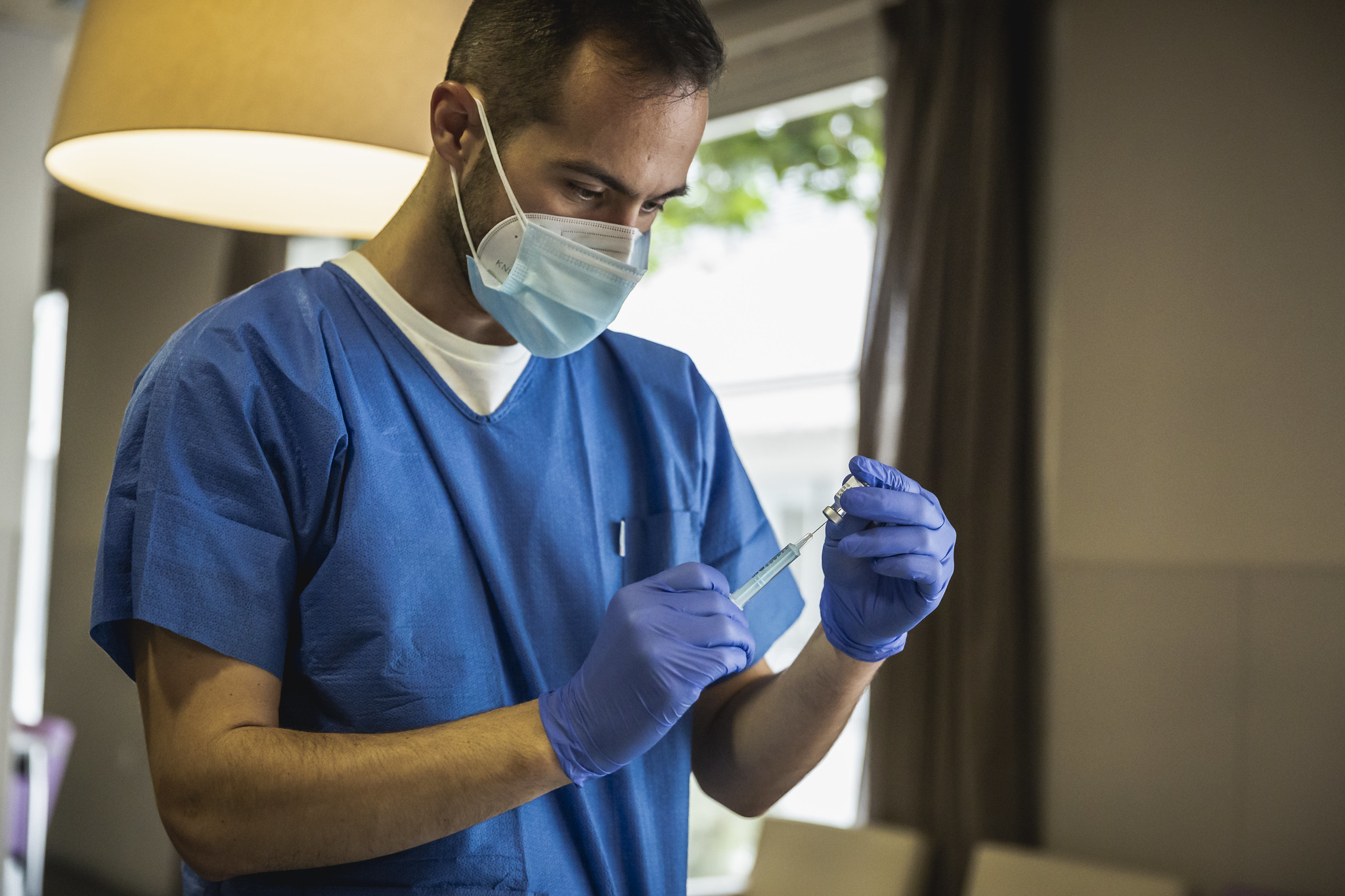Bewilderment over an "astonishing" cut in public health services for Sexually Transmitted Infections (STIs), just at the time when they are most needed. That is the reaction of people working in the field to the news that, among a series of reductions in primary health care services that will take place in the next few weeks in Catalonia as health professionals take holidays, the services aimed at STIs in Barcelona's local health centres will be suspended over the summer. Although the details of this reorganization have not yet been officially explained, experts in the health sector and the community have expressed their incomprehension - and the more so, after learning from the press that the services would be closed.
The decision by the Catalan Institute of Health (ICS) is to concentrate inquiries about STIs at the Mansó CAP, or primary care centre, in the Sant Antoni neighborhood and close up other services during the summer months. According to the SER radio network this Thursday, 13 services out of a total of 14 throughout the city are to be closed. The situation is understood to result from the decision not to allocate public financial resources for these types of medical consultations due to budget limitations. ICS staff sources consulted by ElNacional.cat do not hide their astonishment at this measure and affirm that, at present, they do not have details on how the provision of this service will be reorganized. Consulted by ElNacional.cat, the press service of the ICS states the following regarding the controversy: "Members of the public can continue to consult their CAP centre over suspected STIs, as for the rest of the year, and the necessary detection or treatment tests will be carried out. The most complicated cases or those that require an expert in STIs are concentrated in the summer every year. This year, at CAP Manso. Over summer, there is a reduction in primary care service activity of approximately 25%".
Explosion of STIs in Barcelona and Europe
All this comes in a delicate period in terms of the explosion of STIs in the city of Barcelona, with cases of gonorrhea and chlamydia skyrocketing, according to 2022 data from the Barcelona Public Health Agency (ASPB), which appeared at the end of 2023. Sexually transmitted infections, according to this data, have been growing significantly among men: infections through the Chlamydia trachomatis bacteria have increased by 49% and those of gonorrhea by 34.48%. This increase in Barcelona is part of a general increase in Europe, which is registering historical highs.
The cuts in the availability of consultations for the detection and treatment of STIs have surprised more than one of the experts who work in this field in the city. Ferran Pujol, director of Barcelona Checkpoint, a private community centre for the LGBT collective, has described as "barbaric" the decision of the ICS to close these services during the summer months. "They must think that, since it is the homosexual group that most commonly goes for screenings and it already has Checkpoint and the Drassanes centre, they can gradually phase out everything else", says Pujol, who wonders what extra resources the CAP Manso, the only one to be left open over summer, will have to absorb all the work from the centres that will be closed.
Experts consider that the existence of services where sexually transmitted infections can be diagnosed and treated is essential to early detection and thus the ability to break chains of infection through the alert that users can give to their sexual partners.

